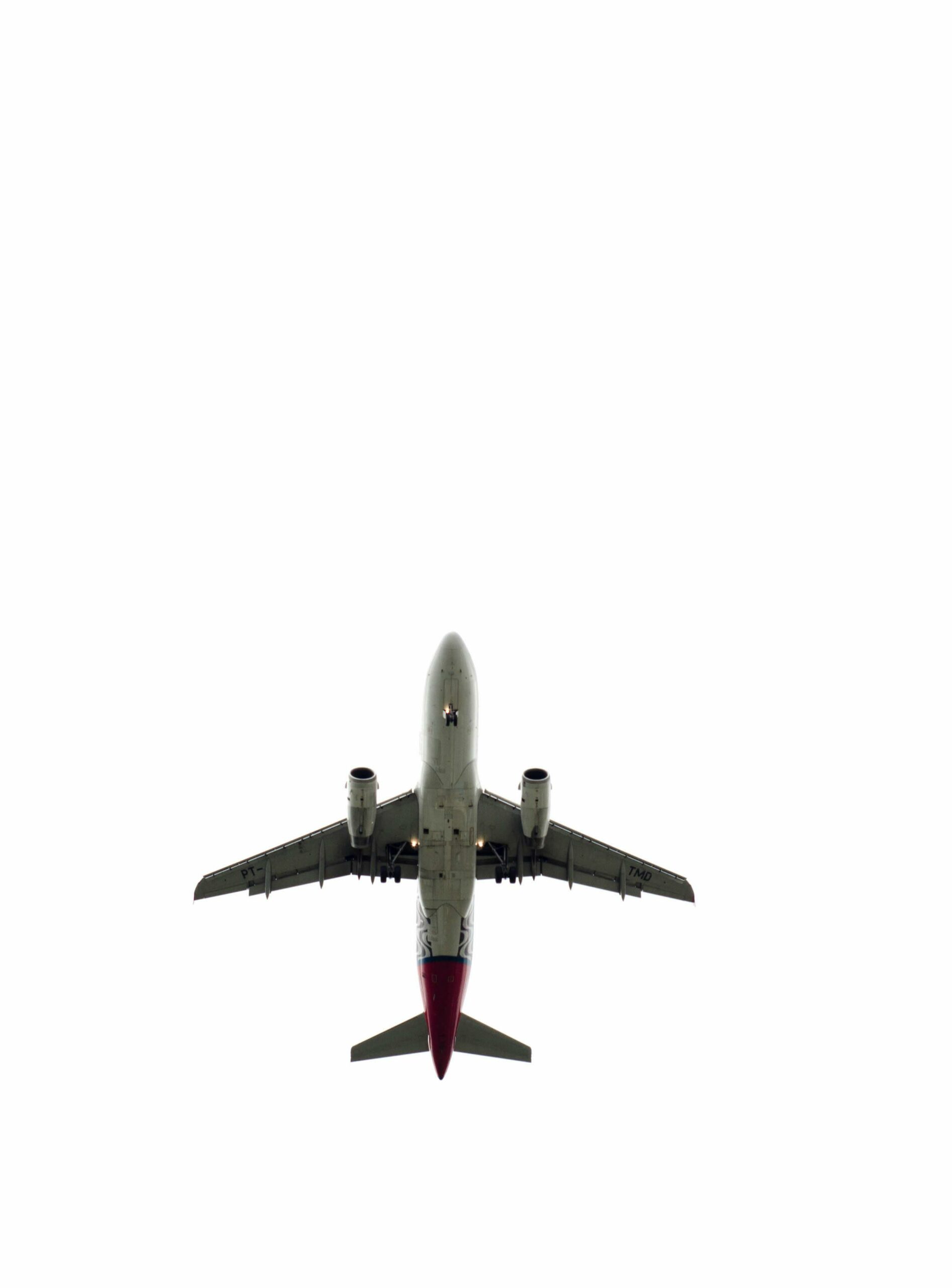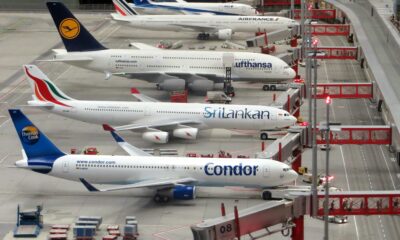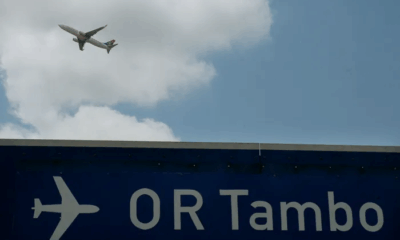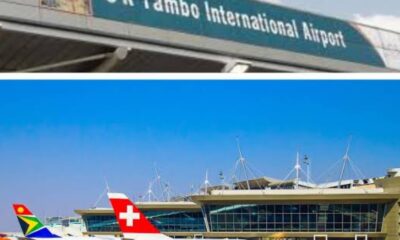News
R130 Million in Bonuses Paid as South Africa’s Air Traffic System Falters

High above South Africa, a quiet crisis is unfolding. Airlines are burning millions in extra fuel, schedules are in disarray, and the safety margin in bad weather has narrowed. The cause? The suspension of over 200 critical instrument flight procedures managed by Air Traffic and Navigation Services (ATNS), the state-owned entity that guides our planes.
On the ground, a different financial picture has emergedone of generous rewards. While the nation’s airspace management system showed signs of strain, ATNS paid out a staggering R130 million in performance bonuses to its staff and executives over the past two years.
Bonuses Fly, While Flight Procedures Are Grounded
Financial records reveal that despite operational turmoil, ATNS approved approximately R70 million in performance bonuses last year and nearly R60 million this year. Of that, close to R5 million was paid directly to senior executives this year alone.
This lavish payout has ignited fury across the aviation industry, which is directly bearing the brunt of ATNS’s operational failures. The suspended procedures are not mere technicalities; they are the digital roadmaps that allow for stable approaches, efficient fuel use, and predictable schedules, especially during poor visibility.
Aaron Munetsi, CEO of the Airlines Association of Southern Africa, minced no words, calling the situation “an economic disaster.” He criticized the slow pace of resolving the suspensions, noting that the industry is left to carry the operational and financial burden.
“An Economic Disaster”: The Real-World Cost of Failure
For airlines, the impact is measured in hard Rands. Flights are being diverted, burning thousands of litres of extra fuel. Schedule predictability has evaporated, causing a ripple effect of delays across the network. The inability to rely on these procedures in bad weather also raises significant safety concerns.
Against this backdrop, the payment of massive bonuses has been labeled as indefensible. Wayne Duvenage, CEO of the Organisation Undoing Tax Abuse (OUTA), questioned how management could justify such incentives.
“The state of the organisation does not justify the incentive payments that management have awarded themselves,” Duvenage stated. “The only people who may have deserved a bonus are junior staff who continued to work under pressure in a system that is not functioning as it should.”
A Defence of “KPIs” Amidst Operational Collapse
In response to the outcry, ATNS and the Department of Transport have circled the wagons. A department spokesperson stated that the minister expects the ATNS board to hold management accountable but relayed ATNS’s position that bonuses are based on Key Performance Indicators (KPIs), not operational challenges.
This defence has done little to placate industry leaders. George Mothema, Chief Executive of the Board of Airline Representatives of South Africa, insisted that “tariff-funded entities must demonstrate accountability and transparency,” and that “performance rewards should be aligned to outcomes that reflect operational reliability.”
The stark disconnect between the R130 million in bonuses and the costly degradation of a critical national service raises a troubling question: what performance, exactly, is being rewarded? As the aviation industry demands answers, South African travellers and airlines are left paying the real price for a system in crisis.
{Source: Citizen}
Follow Joburg ETC on Facebook, Twitter , TikTok and Instagram
For more News in Johannesburg, visit joburgetc.com



























